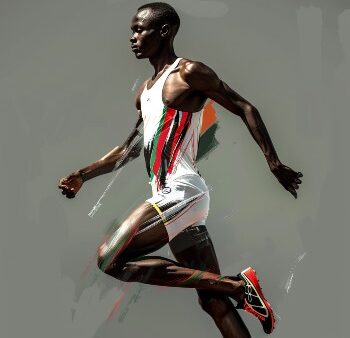The Clash of the Africans Quarterbacks!
Super Bowl LVII: Jalen Hurts, the Philadelphia Eagles’ quarterback, became the first Black quarterback to ever face another Black quarterback in the Super Bowl, alongside Kansas City Chiefs’ Patrick Mahomes. This historic moment symbolized the evolution of Black representation in the league’s leadership positions.
Super Bowl LVII did take place in February 2023, with the Kansas City Chiefs and Philadelphia Eagles battling it out. Patrick Mahomes led the Chiefs to victory, while Jalen Hurts had a strong performance for the Eagles despite the loss.
…and what about Super Bowl LVIII?
Super Bowl LVIII: As of today, February 6, 2024, the full rosters for the upcoming Super Bowl haven’t been finalized. However, the presence of African players on both the San Francisco 49ers and Kansas City Chiefs suggests an even stronger African influence compared to LVII. Patrick Mahomes is definitely playing in Super Bowl LVIII. He is the starting quarterback for the Kansas City Chiefs, facing off against the San Francisco 49ers. Other notable names include:
- Emmanuel Moseley (49ers): British-born cornerback of Nigerian descent, a key defensive player.
- Azeez Al-Shaair (49ers): American linebacker of Nigerian descent, another key defensive force.
- Joshua Kaze (Chiefs): American-born safety of Nigerian descent, known for his special teams contributions.
Comparing the Two: While both Super Bowls feature Black quarterbacks as headliners, Super Bowl LVIII seems poised to showcase a more direct presence of African players on the field. This could be due to several factors, such as increased scouting efforts across the globe, more accessible training opportunities for young athletes in Africa, and a growing awareness of the talent pool on the continent.
More Than Numbers: Beyond statistics, the participation of African players carries symbolic weight. It demonstrates the universality of the sport, offering inspiration to young athletes worldwide and challenging traditional notions of football demographics.










